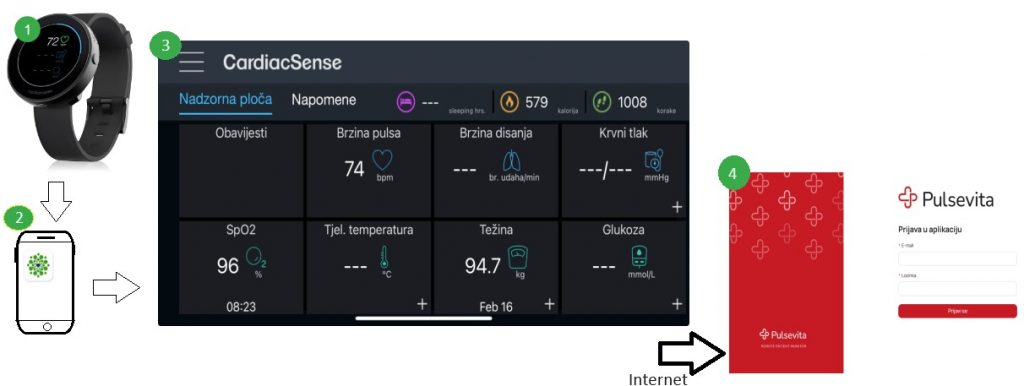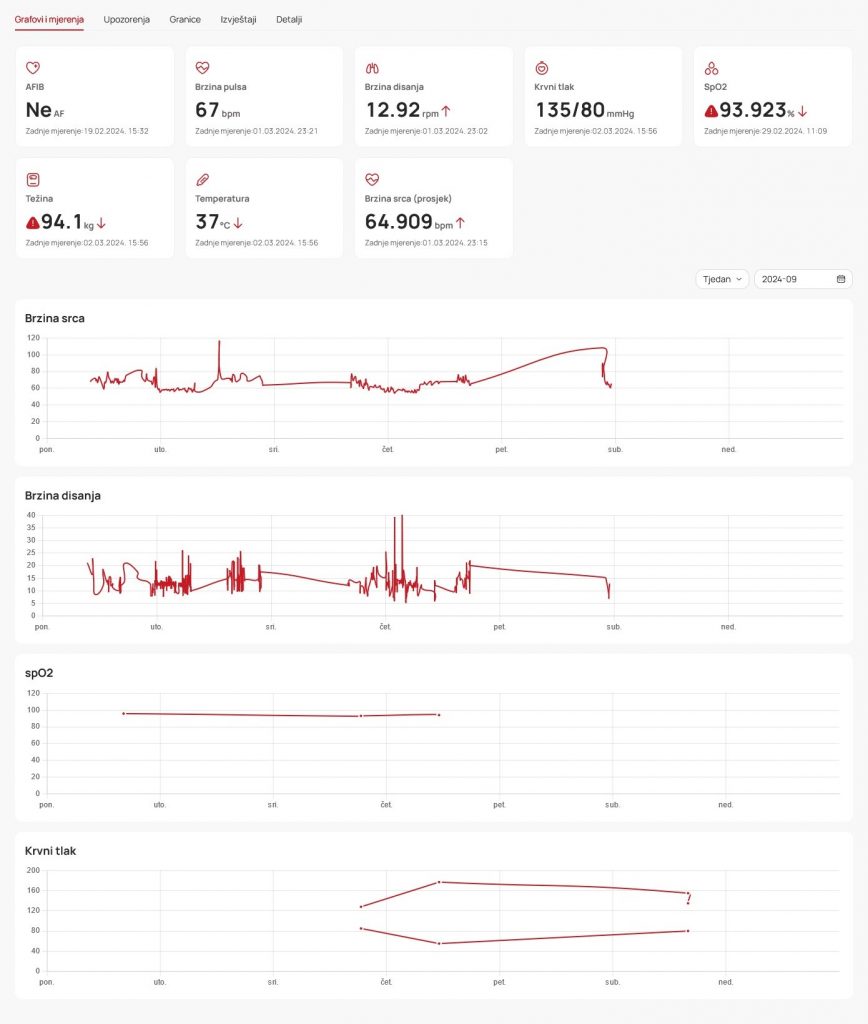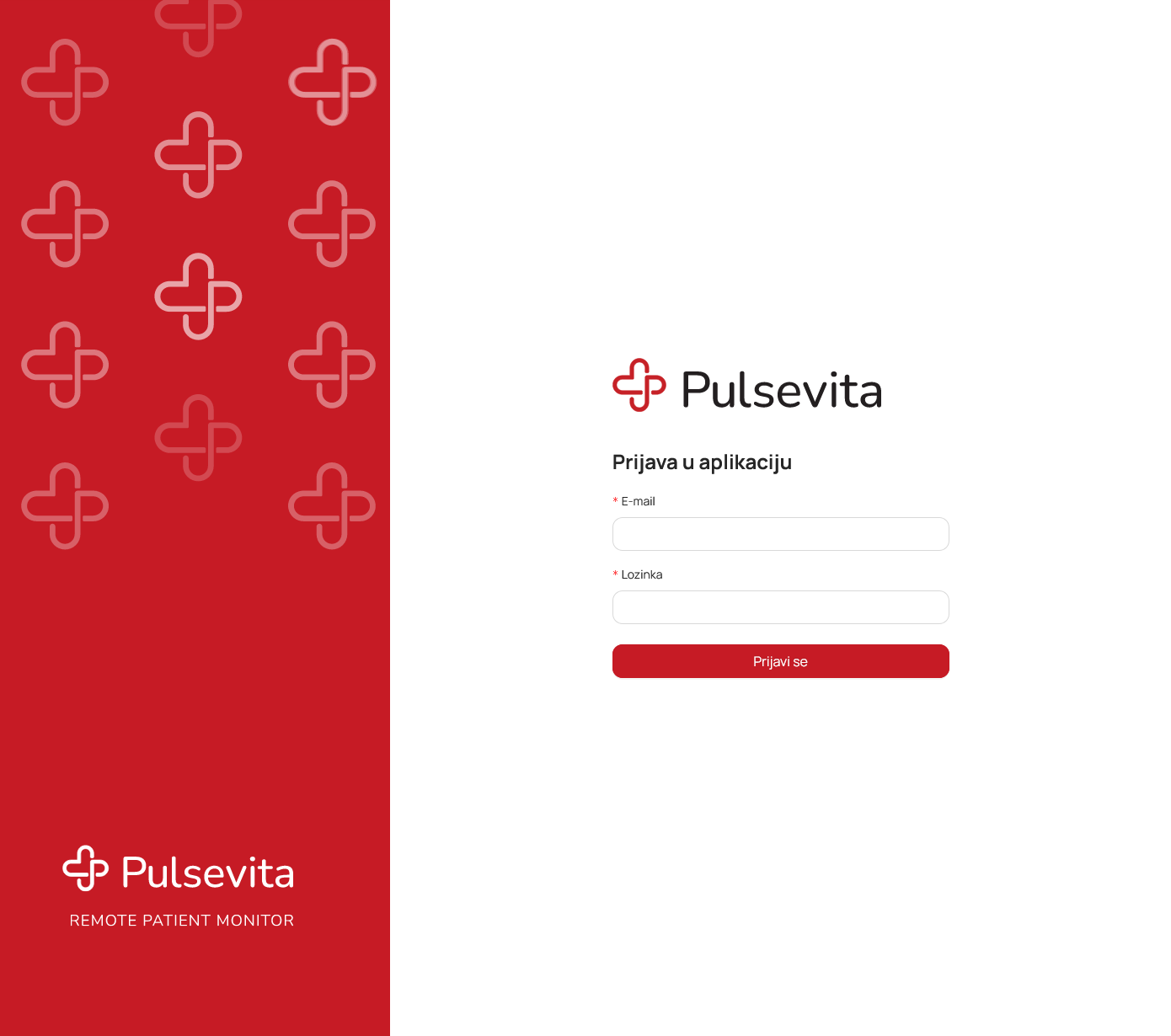The HealthChain Project, co-financed by the European Union’s I3 instrument and spanning five countries, introduces a pioneering remote patient monitoring solution, poised to revolutionize healthcare monitoring across Europe and enhance patient outcomes through collaborative innovation.
HealthChain Project, co-financed through the I3 instrument of the European Union, is conceptualized on an innovative model that bridges the public and private sectors through collaborative development and inter-regional cooperation between healthcare organizations and IT companies. It marks the first I3 EU fund dedicated to HealthChain in Europe, with participation from five countries: Spain, Portugal, the Netherlands, Slovenia, and Croatia. Each country has its own set of partners, fostering the initiative to contribute to HealthChain’s application and development across Europe.
The Innovation: Remote Patient Monitoring Solution
The project involves the development and testing of a remote patient monitoring solution. In February 2024, Verso Altima delivered 10 smartwatch devices to KBC Rijeka for testing purposes. These devices, in conjunction with technical support from Verso Altima, will be utilized for a six-month testing phase commencing in early March 2024.
Key Features of the Remote Patient Monitoring System
The medical device, CS3 (referred to as the “watch” henceforth), is designed for measuring and monitoring patients’ vital functions and detecting heart arrhythmias. The watch continuously measures the pulse using an optical sensor on its underside. In case of detecting atrial fibrillation, the watch prompts the patient to initiate real-time ECG measurements. Additionally, patients can independently trigger ECG measurements if they sense atrial fibrillation.

The watch stores measurements and sends them via the “CardiacSense” mobile application to a central platform, Pulsevita, where data are stored, retrieved, and displayed. Healthcare professionals can non-invasively monitor vital signs such as heart rate and electrocardiogram readings of patients with stable heart failure through the Pulsevita portal.

Improving Healthcare Outcomes through Remote Monitoring
Dr. Teodora Zaninović Jurjević, the project lead for HealthChain at KBC Rijeka, emphasizes the significance of remote monitoring systems for patients with heart failure. She highlights the system’s role in early detection, timely interventions, reducing hospital readmissions, and lowering mortality rates associated with heart failure.
Future Prospects and Impact Assessment
The project will compare outcomes between patients remotely monitored and those not, termed the control group. Upon completion of testing, the efficacy of the remote monitoring device in reducing hospital readmissions, personal visits, and ultimately mortality will be assessed. Further project activities will involve adapting the solution and monitoring its performance during device testing, followed by commercialization efforts upon testing completion.
HealthChain Project stands as a beacon of collaborative innovation, poised to revolutionize healthcare monitoring across Europe, ultimately enhancing patient outcomes and healthcare efficiency.
For more information about the HealthChain Project and its initiatives, please visit the HealthChain LinkedIn website at https://www.linkedin.com/company/healthchain-i3/.

